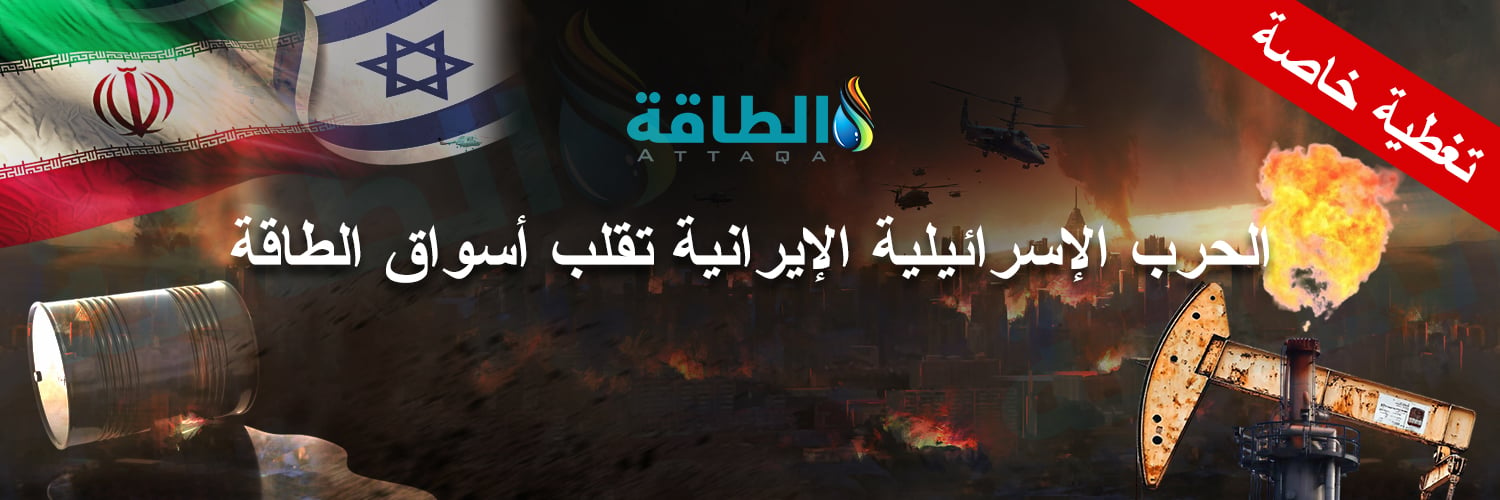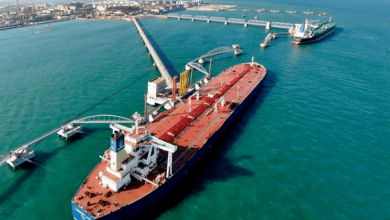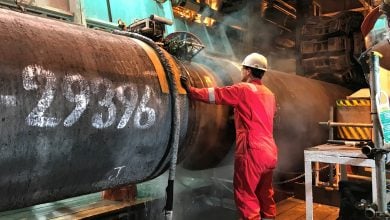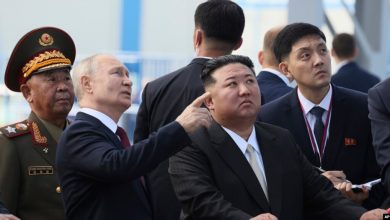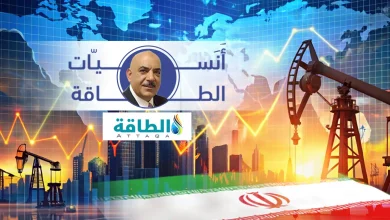Expanding Iran-Russia relations in the energy sector is a serious necessity (Article)
Umud Shokri
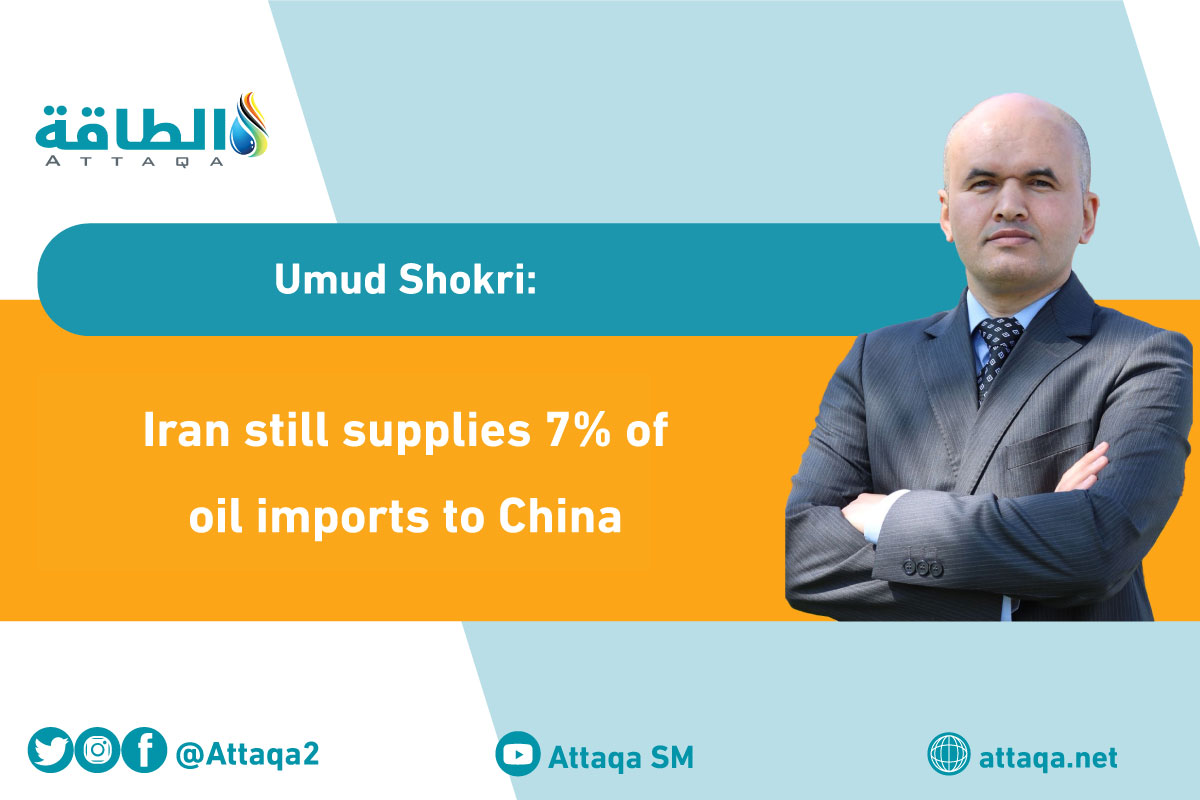
Given the role and position of Russia as one of the most important suppliers of oil and gas in the world, the development and strengthening of cooperation in the field of energy between Iran and Russia is a serious necessity.
Energy as a political tool can lead to economic development and the promotion of national interests. Iran has always wanted to increase relations with Russia in the field of energy.
Last February, Ahmad Asadzadeh, Iranian Deputy Petroleum Minister for International Affairs and Trade stressed the importance of expanding Iran-Russia relations in the energy sector, saying that Iran and Russia can work together, and other major players can create new opportunities of cooperation.
Figure in the field of international economics. The Deputy underlined the significance of a balance of trade and added, "Iran is ready to cooperate with Russia in the oil and gas sector." It is necessary for Iran to develop a strategy in this area.
Competition for Russian oil
In recent months, a special discount on Russian oil to China has reduced Iran's share of the Chinese oil market. But competition for cheap Russian oil has made it harder for Iran to sell oil because of sanctions imposed on Ukraine after the invasion.
Russia can export about 1.2 million barrels of oil to China via a pipeline, as well as transport it there. China neighbors Russia to the south and Russia has a port in the region that can easily load crude oil.
Therefore, not only China but also the Southeast Asian countries can be potential customers for Russia.
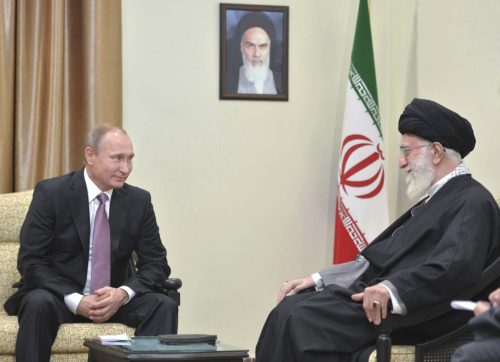
Last December, the National Iranian Oil Company (NIOC) and Gazprom Russia signed two memorandums of understanding. Ali Kardar, the Managing Director of NIOC, and Alexei Miller, the CEO of Gazprom, signed a memorandum of understanding on the "Gas Cooperation Roadmap" between NIOC and Gazprom.
The heart of Iran’s policy of looking to the East is the maintenance of the regime, rather than the economic growth, as well as finding allies against the Western political pressure.
Currently the Iranian regime relies heavily on support from Moscow and Beijing, but its position is precarious.
Therefore, Tehran is in the position of acquiescing to, and forecasting, the desires of Moscow and Beijing.
Cooperation with Russia to develop oil and gas fields
In February, the CEO of NIOC announced the development of Iran's oil and gas fields with the participation of Russian companies. Moscow said that according to the agreements reached, NIOC will develop Iran's oil and gas fields with the participation of large Russian companies.
Iranian Oil Minister Javad Owji announced talks with Russian officials and an agreement with the country in the field of oil and gas to develop cooperation.
"In these talks, important decisions were made, and important documents were signed by the parties" Owji wrote on his Twitter page on 22 January 2022.
Iran, like Russia, has been under US sanctions since Donald Trump pulled out of a nuclear deal with Iran and condemned it.
Joe Biden's arrival at the White House hastened talks to revive the nuclear deal. However, the invasion of Ukraine again called the sanctions into question."
Iranian oil exports
Just recently, Reuters reported that Iran's oil exports to China had decreased in April this year.
Concurrently, China's imports of cheap Russian oil have risen.
One of the reasons for China's declining Iranian oil imports has been the decline in demand for independent Chinese refineries due to the outbreak of Covid disease and subsequent global quarantines and restrictions imposed in China.
The decline in Iran's oil exports to China comes as Western diplomats have largely lost hope of reviving the 2015 nuclear deal, Reuters writes. However, Iran still supplies 7% of oil imports to China, which is the world's largest importer of oil.
EU foreign policy chief Josep Borrell says that "despite the removal of the Russian blockade", the blockade created by Iran has halted progress in the negotiations to revive the UN Security Council.
"While we are so close to reaching an agreement, it is unfortunate that we have not reached an agreement.
I cannot guarantee that an agreement will be reached," According to Borrell, Russia intended to use the agreement to revive JCPOA as leverage against the West in its war with Ukraine and to prevent the lifting of sanctions on Iran's oil exports.
After the signing of the nuclear deal in 2018, the Russian company Zarubezhneft and the Iranian company Dana Energy signed an agreement to develop the joint Aban and Paydar Gharb oil fields of Iran, but with the withdrawal of the US companies from Russia, Russian oil companies also left Iran.
Key Iranian markets such as Turkey, Pakistan and Afghanistan are under the threat of Russia’s cut-price liquefied petroleum gas exports. Under sanctions, LPG is a vital source of income for Tehran.
However, this necessary income stream could be at risk as, due to boycotts by the West over the invasion of Ukraine, Russia has begun to seek new markets, including markets for LPG.
The enhanced availability of Russian LPG has caused other local suppliers, including Uzbekistan and Kazakhstan, to drop their prices to maintain their market share.
Diesel and petroleum are also experiencing a similar situation.
Need for investments in the oil and gas sector
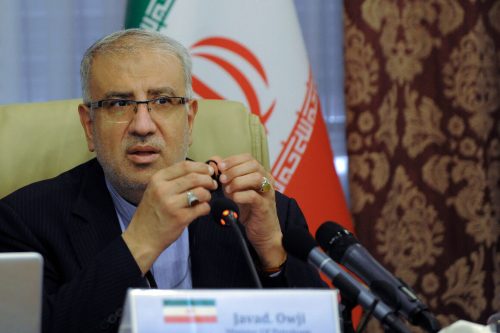
Nuclear talks have stalled, and Iran cannot absorb the technology and capital needed to increase oil and gas production without lifting sanctions, said Javad Owji.
He stated, "Unfortunately, the necessary investment in the oil and gas industry has not been done in recent years.
And to meet the country's needs, we need $160 billions of investment in this area. Gas production in Iran is less than the country's needs and gasoline consumption is approaching the production capacity. Owji says the Iranian gas industry alone needs $80 billion in investments over eight years.
Iran hopes to meet some of its foreign investment needs by concluding negotiations to revive by the UN Security Council in Vienna.
The nuclear talks came to a halt in late March without an agreement on reviving and the prospect of a possible outcome and the lifting of sanctions remains unclear.
The damage caused by sanctions on Iran's oil and gas industry will be time consuming in any case.
Iran and Russia will follow the same policy to bypassing sanctions; however, no matter what the future holds for the Ukraine crisis, Moscow is reluctant to reduce its market share, and that the current increased energy cooperation is temporary.
Tehran should not expect to be able to provide the necessary financial resources and technology for its oil and gas projects by boosting Iran-Russia energy relations.
Dr Umud Shokri, Author of "US Energy Diplomacy in the Caspian Sea Basin Changing Trends Since 2001", Foreign Policy & Energy Consultant.
READ MORE..
- Deceptive Solutions for Fossil Fuel Dependence Drive Prices Higher (Article)
- Deceptive Solutions for Fossil Fuel Dependence Drive Prices Higher (Article)
- The Biden Administration’s policies have pushed gasoline prices higher (Article)
- (Article) The Top 5 Reasons Behind Fruitless Energy Policies
- The Biden Administration’s policies have pushed gasoline prices higher (Article)



